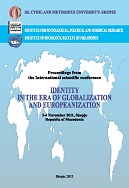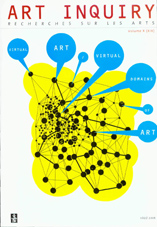
THE GLOBALIZATION OF MEDIA TECHNOLOGIES AS AN INTRODUCTION TO THE CULTURAL IMPERIALISM
In addition to the numerous definitions for globalization, most of the authors collectively agree that it represents the increasing trend of the world countries to bond on an economical, social and cultural level. However, social sciences often conclude that the concept of globalization is a disputable one because even if the definition is accepted as true, the dilemmas whether globalization brings more positive or more negative implications would still exist. Today globalization is also perceived as “americanisation” or more precisely as an effort of the USA to impose not only their economic, politic and war power but their attitudes and values as well. The fact that the countries nowadays are considered as main factors in shaping the foreign politics results from the fast development of transport and communication technologies. The growth of nations and national ideas in the 18th ad 19th century increased the ever so great differentiation between the societies of different cultures and identities. The wish to mix and share different cultures was welcomed with eagerness among the supporters of globalization. Another dimension of the cultural but also of the media globalization is that, globalization allows for various encounters, i.e. getting acquainted with the “other worlds”. On the other side, even though these benefits of globalization are publicly acclaimed, there is a stream of opinions which propagate the development of national, regional or even the local belonging, acknowledging the turbulent changes of globalization as a threat to the former.
More...




